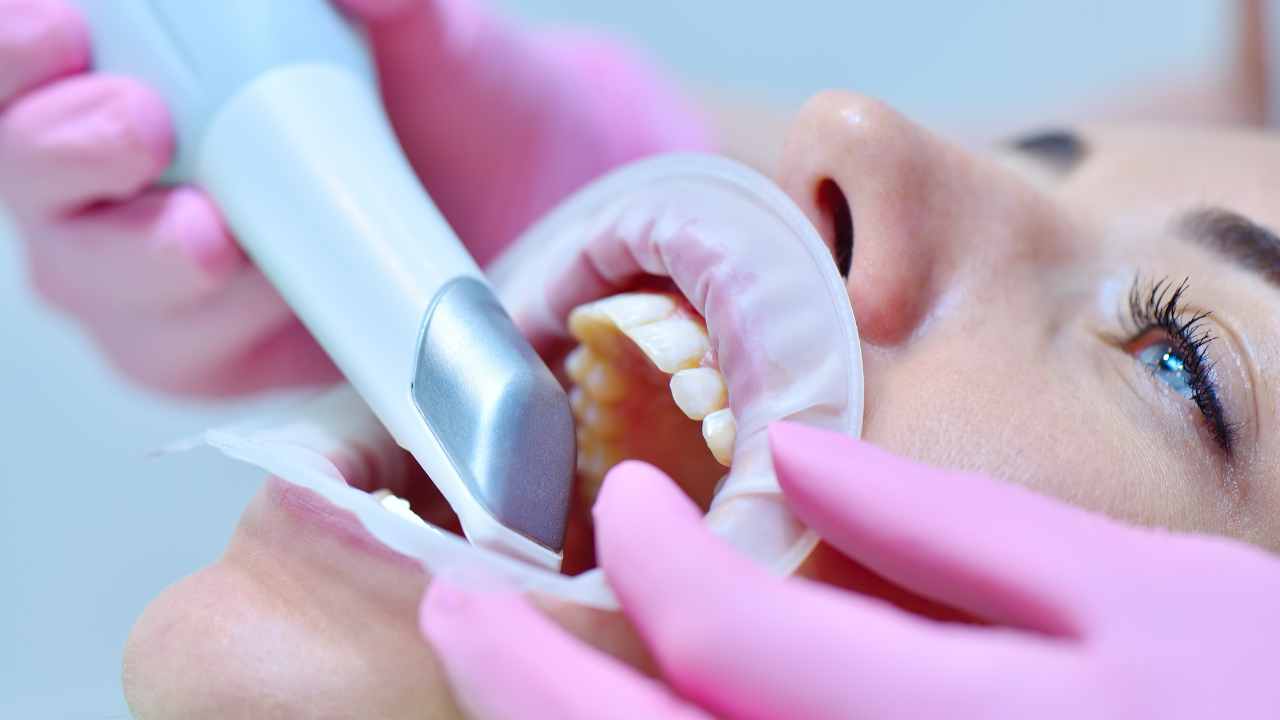After undergoing surgery, children require attentive and specialized care to facilitate their recovery process. Understanding the nuances of post operative care for kids is crucial for parents and caregivers to ensure the well-being and comfort of their little ones during this critical period.
Essential Components of Post Operative Care
Preparation for Home Care
Following pediatric surgery, preparing the home environment becomes paramount for the child’s safety and comfort. This includes creating a designated recovery space equipped with essentials such as medications, first aid supplies, and comforting items like blankets and stuffed toys.
Pain Management Strategies
Proper pain management is essential for children post surgery to alleviate discomfort and promote healing. Utilizing a combination of prescribed medications, such as acetaminophen or ibuprofen, alongside non-pharmacological techniques like gentle massage or distraction activities can effectively manage pain levels.
Wound Care and Dressing Changes
Closely monitoring and maintaining the surgical wound is crucial to prevent infections and promote healing. Caregivers should follow the healthcare provider’s instructions meticulously regarding wound care techniques, including how to clean the wound, change dressings, and recognize signs of complications.
Nutrition and Hydration
Ensuring adequate nutrition and hydration is vital for the child’s recovery process. Offer a balanced diet rich in nutrients and fluids to support healing and replenish lost energy. Encourage small, frequent meals and snacks to prevent nausea and promote appetite.
Physical Activity and Rest
Balancing physical activity with sufficient rest is key to a child’s recovery journey. While it’s important to encourage gentle movement and mobility to prevent stiffness and promote circulation, it’s equally crucial to allow ample time for rest and recuperation to aid the healing process.
Emotional Support and Encouragement
Pediatric surgery can be a challenging experience for children, emotionally as well as physically. Providing a supportive and reassuring environment, offering plenty of cuddles, praise, and encouragement, can help alleviate anxiety and foster a positive mindset throughout the recovery period.
Follow-up Appointments and Monitoring
Attend all scheduled follow-up appointments with the healthcare provider to assess the child’s progress and address any concerns promptly. Regular monitoring allows for early detection of complications and ensures optimal recovery outcomes.
Managing Medications and Side Effects
Caregivers should carefully manage medications according to the prescribed dosage and schedule. Be vigilant for any potential side effects or adverse reactions, and promptly report them to the healthcare provider for guidance.
Communication with Healthcare Providers
Maintaining open and clear communication with the healthcare team is essential for effective post operative care. Don’t hesitate to ask questions, seek clarification, or voice any concerns regarding the child’s recovery process.
Transitioning Back to Normal Activities
Gradually reintroduce normal activities and routines as the child progresses in their recovery journey. Monitor their response carefully and adjust activities as needed to ensure a smooth transition back to their regular lifestyle.
FAQs (Frequently Asked Questions)
- How soon can my child resume school after surgery?
- Typically, children can return to school once they’re no longer experiencing significant pain or discomfort, and their healthcare provider gives clearance. It’s essential to communicate with the school regarding any necessary accommodations or restrictions.
- What can I do to help my child cope with anxiety before surgery?
- Providing age-appropriate explanations about the surgery, offering reassurance, and engaging in calming activities such as reading or listening to music can help alleviate preoperative anxiety in children.
- Are there any specific foods my child should avoid after surgery?
- While every child’s dietary needs may vary, it’s generally advisable to avoid spicy, greasy, or overly processed foods that may irritate the stomach or interfere with digestion. Opt for gentle, easily digestible options like soups, fruits, and lean proteins.
- How can I encourage my child to stay hydrated post-surgery?
- Offer a variety of fluids throughout the day, including water, diluted fruit juices, and electrolyte solutions, to prevent dehydration. Using colorful straws or special cups can make drinking more appealing to children.
- What signs indicate a potential complication after surgery?
- Watch for symptoms such as fever, increased pain, redness, swelling, or discharge from the surgical site, persistent vomiting, or changes in behavior. Contact your healthcare provider immediately if you notice any concerning signs or symptoms.
- When is it safe for my child to resume physical activities and sports?
- The timeline for resuming physical activities varies depending on the type of surgery and the child’s individual recovery progress. It’s essential to follow the guidance of the healthcare provider and gradually reintroduce activities based on their recommendations.
Conclusion
Ensuring effective post operative care for kids is paramount for promoting a smooth and successful recovery journey. By implementing the strategies outlined above and maintaining open communication with healthcare providers, parents and caregivers can provide the support and assistance needed to help children thrive following surgery.




